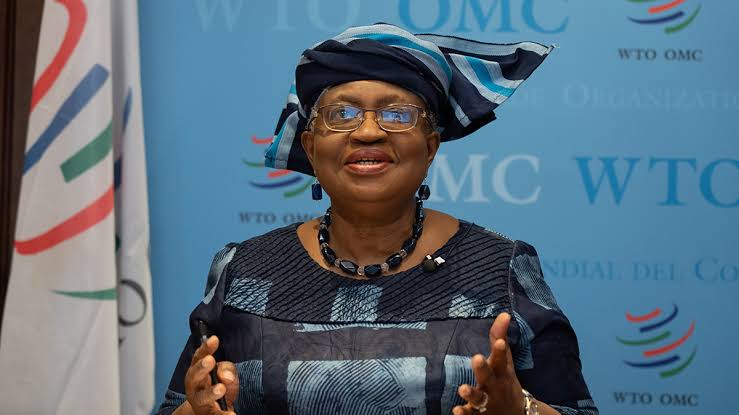Thinking about that day, she said, “I consider how far we have traveled in the fight against malaria, with the recent historic announcement from the World Health Organization (WHO) recommending the world’s first malaria vaccine (RTS,S) to reduce illness and death across regions where children are at risk.
“As part of a package of interventions, tailored to local malaria conditions, the vaccine could save tens of thousands of young lives every year – especially among the most vulnerable, as my little sister was,” she said.
Since 2019, the WTO DG said more than 800,000 African children have had at least one dose of the RTS,S vaccine as part of a pilot in Ghana, Kenya and Malawi. Now, with the right investment, millions more children, she said, could be immunised and grow up with less malaria, fewer hospitalisation and healthier lives.
She applauded the governments, WHO, its partners and the funders that have supported the pilots that have brought us to this point. “I was honoured to chair the board of Gavi, the vaccine alliance, in 2019, when we made important decisions on efforts to bring this vaccine forward,” she said.
She said, “Today, in a different capacity but with the same passion, I urge the global health community to again be bold and invest in the malaria vaccine on a robust scale, so that we may reap the fruits of this breakthrough for children’s health.
” But with the introduction of the world’s first malaria vaccine, and continued investment, we can curb this terrible disease. The RTS,S vaccine is a cost-effective new tool, something concrete we can act on now to give millions of boys and girls the chance to contribute – and ensure Africa’s economic progress is no longer slowed by malaria.
” As the world witnesses tremendous inequities in access to vaccines, and we explore ways to bring vaccine development knowhow and capacity home to Africa, it is our collective responsibility to invest in the malaria vaccine now in our hands, and ensure that it reaches those who need it,” she added.
Malaria, she said, is emotional – it strikes suddenly and kills our children. “But I am an economist, so I put emotion aside to consider whether the vaccine is a good investment.
“Malaria impoverishes countries. A 2001 study estimated per capita income levels in malaria-endemic countries to be 70% lower, and malaria results in $12bn (£9bn) in lost productivity around the world each year.”
In the opinion article, the minister of finance in Nigeria said some countries spend up to 40% of their public health budget treating the disease.
She said, “This is the stark divide that malaria creates every day in Africa and one that a malaria vaccine can help close. Analysis of data from 180 countries demonstrates a clear link between a reduction in the burden of malaria and faster economic growth.



